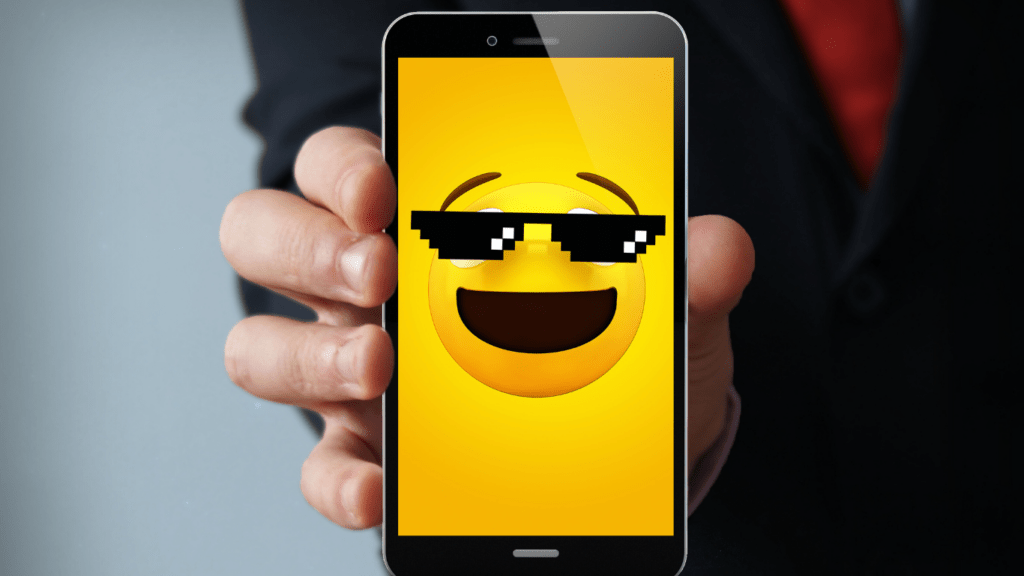The Birth Of Memes: Early Days Of Internet Culture
Memes emerged as a defining feature of early internet culture, shaping how users communicated ideas and humor. They began as simple yet impactful tools for sharing collective experiences online.
The Origin Of The Term “Meme”
The term “meme” originated from Richard Dawkins’ 1976 book The Selfish Gene. He described memes as cultural units of information that spread through imitation, much like genes in biology. This concept transitioned seamlessly into the digital realm when the internet enabled rapid sharing and replication of ideas.
Early Internet Memes And Their Impact
Early internet memes included phrases and visuals like “Dancing Baby” (1996), “All Your Base Are Belong To Us” (early 2000s), and ASCII art. These were often shared on forums like Usenet, 4chan, and Something Awful. They fostered niche online subcultures and introduced humor that resonated with tech-savvy users. Memes from this period built the foundation for today’s expansive and dynamic meme culture, influencing not just communication but internet identity itself.
The Rise Of Social Media And Meme Popularity
Social media platforms have significantly amplified the reach and influence of memes. As social networks grew, memes transitioned from niche forums to mainstream online culture.
Platforms That Shaped Meme Culture
Facebook, Instagram, and Twitter became critical for meme dissemination. Facebook’s share feature enabled widespread exposure, while Instagram established visual content as the standard format for memes. Twitter, with retweets and replies, created a space for rapid humor evolution and real-time commentary.
Reddit advanced meme creation by fostering dedicated communities like r/memes. TikTok introduced video memes that combined:’
- sound
- visuals
- lip-sync trends
creating viral phenomena like the “Renegade” dance. These platforms’ unique features allowed users to remix, recreate, and localize memes for broader appeal.
How Sharing Dynamics Evolved
Sharing memes became instant and almost effortless as social media simplified distribution. In earlier years, users manually uploaded files to bulletin boards or shared links on forums. Social platforms streamlined this process with share buttons, making dissemination frictionless.
Algorithms further pushed meme popularity by targeting users’ interests, ensuring higher engagement. Trends like global hashtags, challenges, and influencers playing pivotal roles in meme spreads emerged. This evolution made memes not just a form of humor but universally recognized digital language.
Memes As A Reflection Of Society

Memes mirror societal values, trends, and concerns, acting as a lens through which digital culture interprets reality. They capture emotions, opinions, and shared narratives, resonating with communities globally.
Political And Social Commentary Through Memes
Memes provide a subtle yet powerful medium for political and social discourse. They distill complex issues into digestible visuals or text, offering commentary that spreads rapidly. For instance, during the 2020 US presidential election, memes like “Fly on Mike Pence’s Head” sparked discussions about debate performances and political personalities. Similarly, social movements like Black Lives Matter saw meme-driven campaigns raising awareness and mobilizing activism. Memes amplify marginalized voices, address controversial topics, and often influence public perceptions through a relatable format.
The Role Of Humor And Satire In Meme Trends
- Humor and satire define meme culture and ensure its widespread appeal.
- They allow users to critique societal norms or alleviate shared struggles by highlighting the absurdity of reality.
- Relatable memes like those on “student debt” or “work-from-home struggles” connect multiple demographics through humor rooted in common experiences.
- Satirical memes, such as those mocking corporate branding or unrealistic beauty standards, challenge cultural expectations while entertaining.
- Their ability to blend comedy with critique solidifies memes as influential tools in shaping cultural narratives.
The Commercialization And Monetization Of Memes
Memes have transitioned from organic creations to profitable assets leveraged by brands and individuals. Their viral potential has made them valuable in marketing and raised debates about intellectual property and ethical use.
Brands Tapping Into Meme Culture
Companies have integrated memes into their marketing strategies to engage younger audiences. Meme-based campaigns generate higher engagement rates, as shown by Wendy’s Twitter roasting sessions and Gucci’s use of surreal meme aesthetics. Social media platforms like Instagram and TikTok amplify these campaigns, leveraging trends and humor to create authentic connections.
Meme accounts and creators also collaborate with brands for sponsored content. Influential meme pages such as @fuckjerry and @daquan become distribution channels for advertisements disguised as humor, reaching millions of users. This strategy helps brands appear relatable and boosts product visibility.
Merchandising leverages viral memes for profit. Catchphrases, images, and formats from trends are printed on apparel, mugs, or stickers, creating physical products tied to digital culture. Successful examples include the “doge” meme, which inspired a cryptocurrency and branded merchandise.
Ethical Questions Surrounding Meme Ownership
Monetization has sparked debates about the ownership of meme content. Memes often start as user-generated content, making it difficult to attribute proper credit when they become viral. Brands or individuals monetizing such memes face criticism for exploiting creators’ work without acknowledgment.
Fair use laws complicate the issue. Memes typically remix existing content, like images, video clips, or text, into new creations. While these edits may qualify as transformative under copyright law, commercial use often raises legal challenges, as seen in cases involving artist-created memes used by corporations.
Exploiting sensitive cultural or social memes for corporate gain raises moral concerns. Instances like Pepsi’s Kendall Jenner ad, which co-opted protest imagery, show how poorly executed campaigns can trigger backlash. Such cases underscore the importance of respecting cultural context when monetizing memes.



